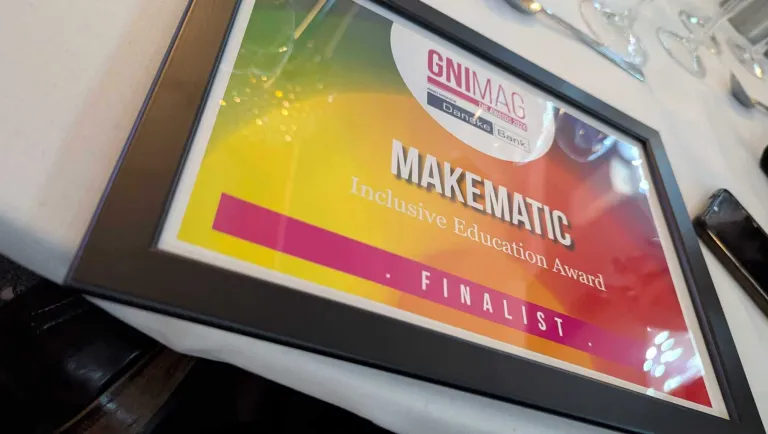
The Gender-Equality Paradox in STEM
UK STEM businesses continue to talk about the growing skills shortage as they struggle to recruit qualified workers in their fields. It's starting to get a little concerning especially when you read stats like the skills deficit costing the STEM sector £1.5 billion! Yep, £1.5 billion. Not only that recent research has discovered that how young people's perception of careers is formed as young as four years old and finally that it's girls that are less likely to take up STEM careers than men.
Gender-Equity in STEM Careers Does Not Exist
Globally women are less likely to enter and more likely to leave STEM careers than men. For women, leave rates peak at about 10 years into their careers. And it is their work experience during that time that has the most impact on their decision to leave. Work experience factors that contribute to these leave rates include workplace isolation, hostile male-dominated work environments, ineffective feedback and a lack of funding and sponsorship.
Maybe Girls Aren’t Interested In STEM
I recently read an interesting research paper which showed that although girls often perform similar to or better than boys in science subjects, that in countries with high levels of gender equality, STEM gaps in secondary and tertiary education are the largest in the world.
This was found to be particularly the case in Nordic countries, who are known as having the greatest gender equality. The study claimed that in these countries there is less interest by females in pursuing STEM careers.
The study also found that countries that have less gender-equality and greater ‘life-quality pressures’ have higher levels of engagement with STEM subjects and careers. This study suggested that when girls are not constrained by poverty or gender inequality they are less likely to choose STEM subjects at school or pursue STEM careers. But is it really as simple as that?
Let’s Start Talking About Careers At An Early Age
Children start hearing about careers and the world of work informally from a young age. This means that negative opinions, stereotyping and incorrect information about careers paths and qualifications can have a damaging effect. STEM qualifications and careers are particularly susceptible to this.
Therefore we need to start having positive conversations about all careers and even qualifications as early as possible. Educators and parents can start with the language they use to describe careers and professions as well as exposing children to inspiring men and women in a range of professions as soon as possible.
We Need To Be Talking More About STEAM Not STEM
If we are serious about getting more young people and in particular women interested in STEM, we need to start talking more about STEAM. This might mean that educators need training. STEAM only works if people have the capability and confidence to do so, and making assumptions that it’s easy to do, is naive.
The reality is that if we don't start talking about STEM careers positively early on, exposing children to inspiring role models, and equipping educators to infuse art approaches into their STEM classes, we may not inspire more children, male and female to pursue these careers.


